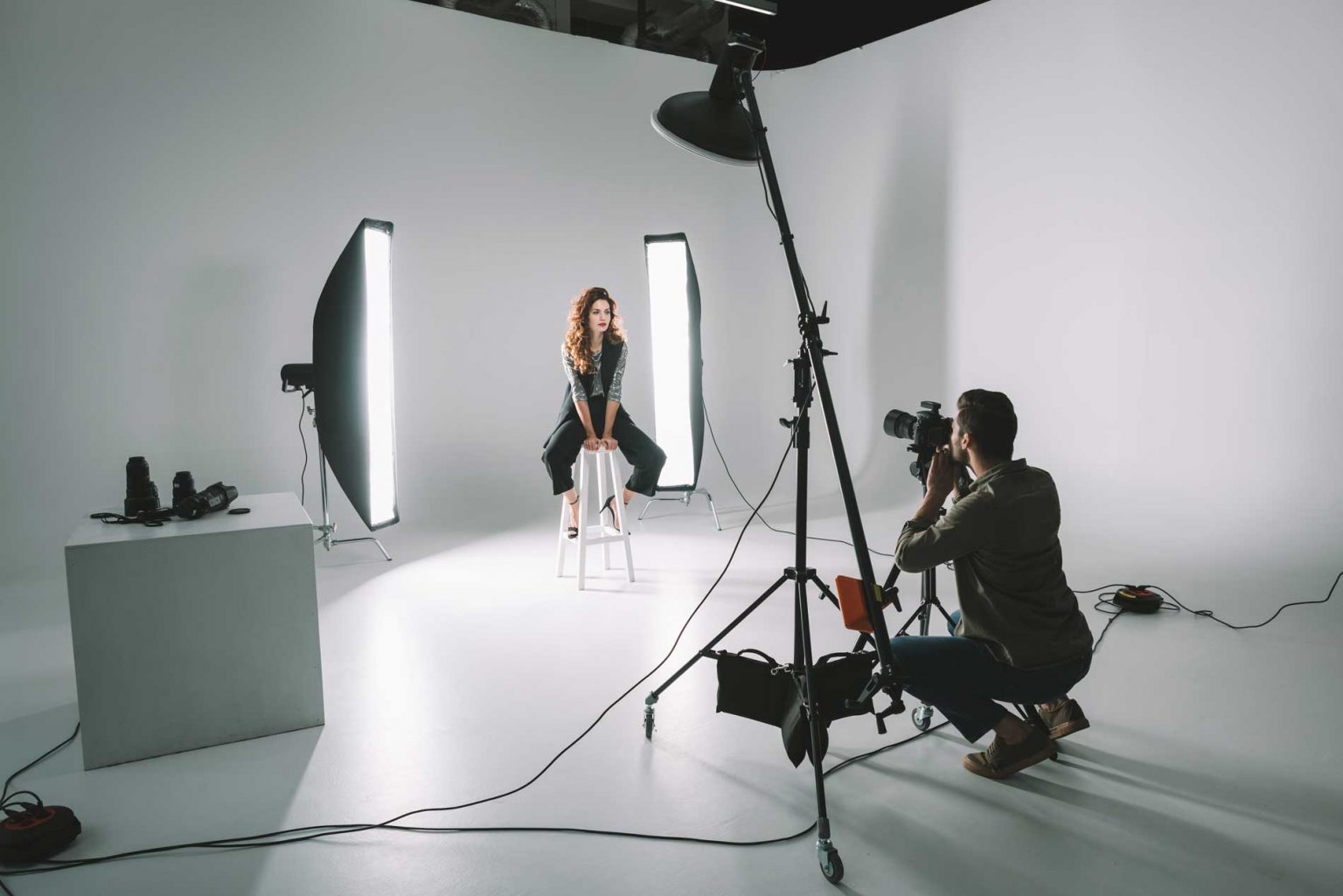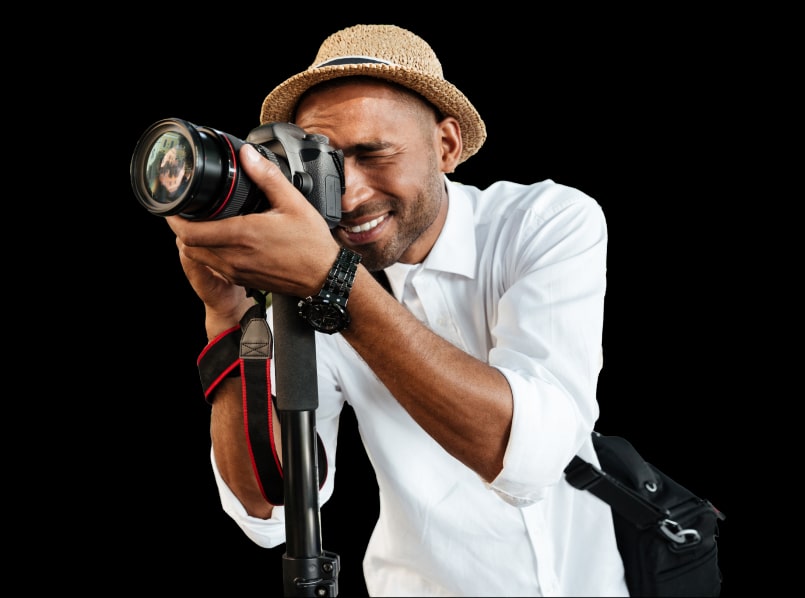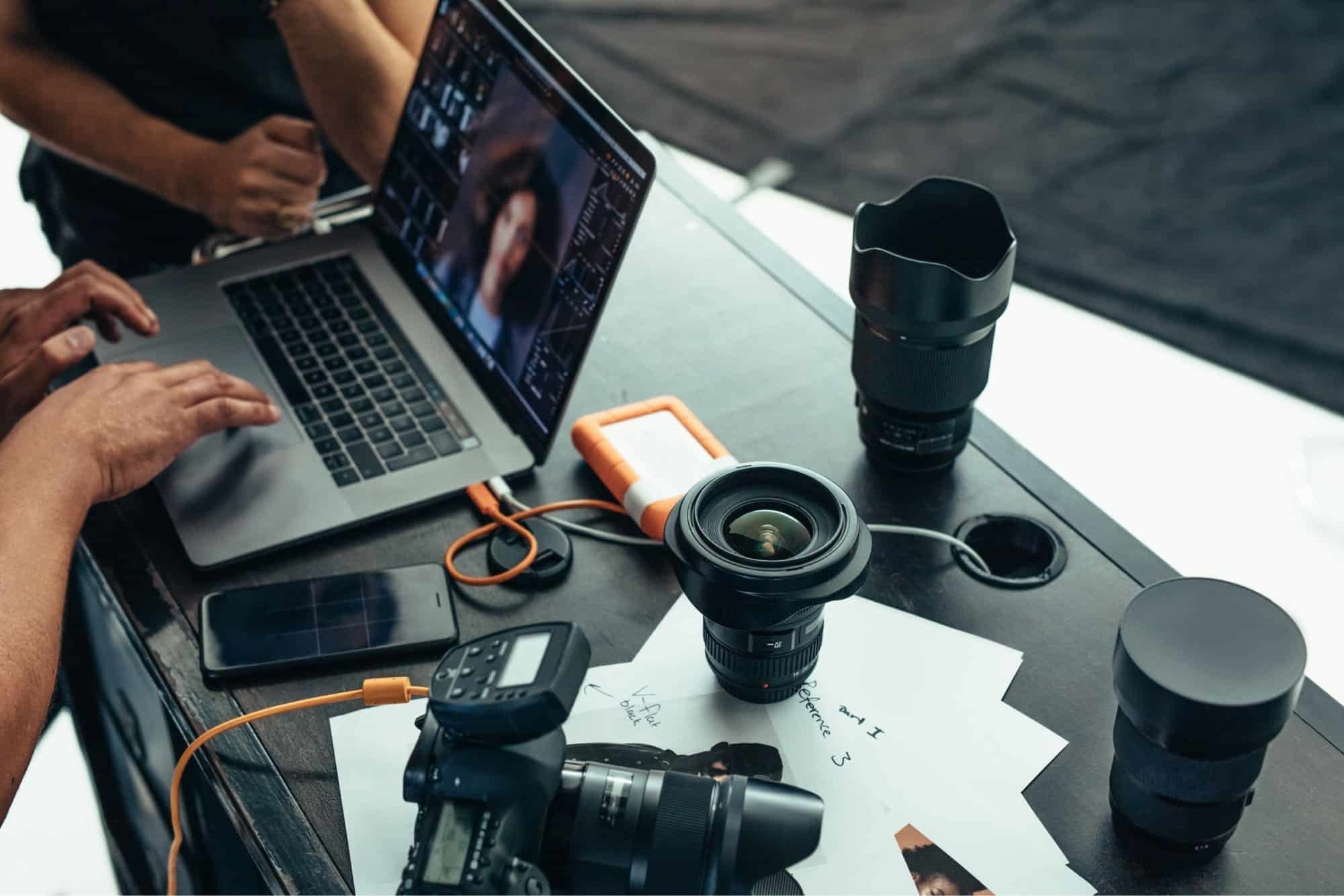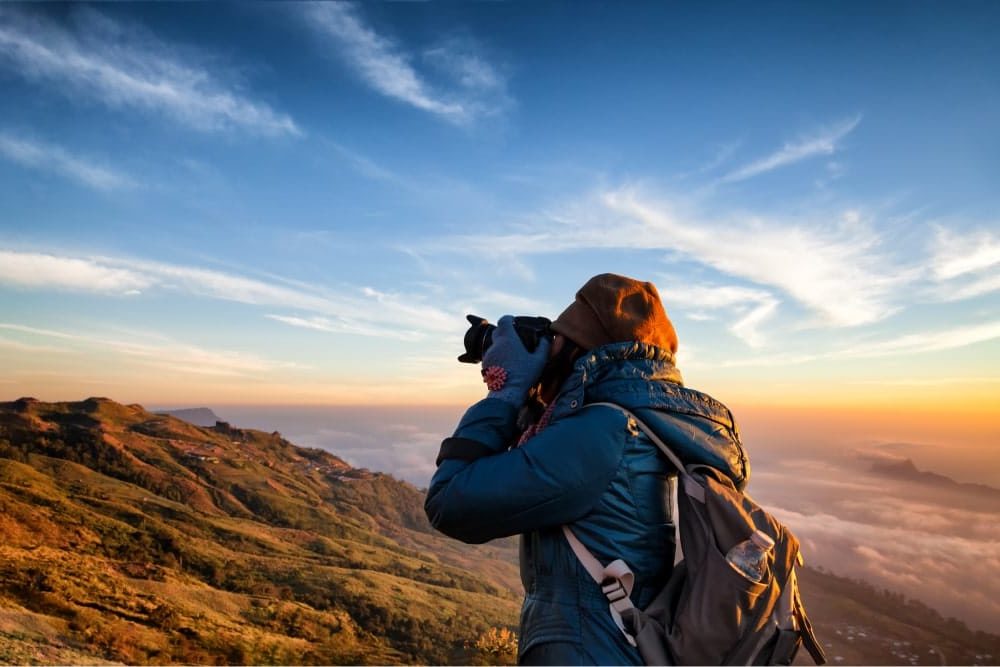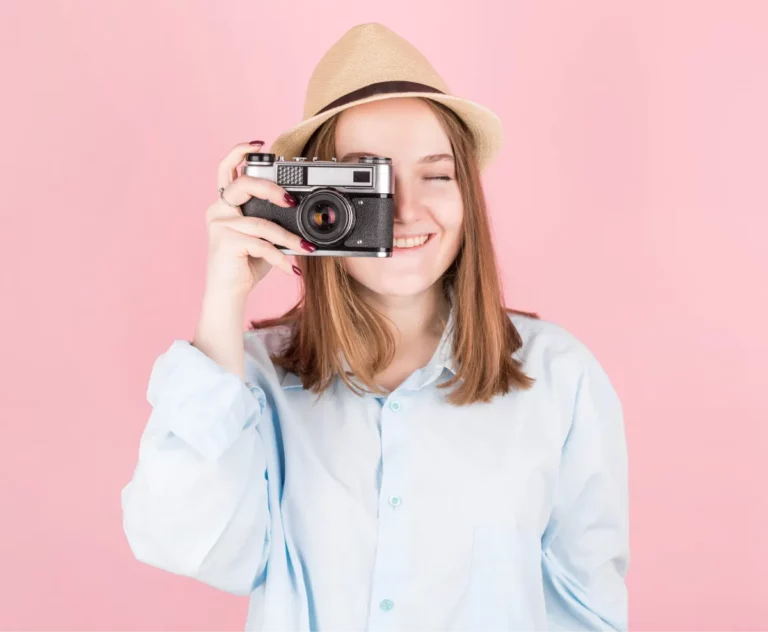As a photographer, you’re in the business of capturing beautiful moments and connecting with your clients. Whether your photography business takes you to a wedding, special event, the great outdoors, or studio, you want to be sure your photography insurance fits your changing business.
To help you out, we’ve created a guide to teach you more about photography insurance. Learn about the risks photographers face, and a few things to consider when you are looking to buy the best photography insurance for your business.
Ready?
Let’s get started.
Why Do I Need Photography Insurance?
Watch our video and learn more about how photography insurance is essential!
Risks Photographers Face
Injury obtained during the photo shoot.
Photographers often ask clients to pose or move a certain way to capture a great shot. What if someone injured themselves while you were directing their pose? Let’s say a client follows your instruction and they end up injuring their arm. This opens up the possibility of them filing a suit against you for directing them to move in a way that caused them harm.
Injury obtained during an offsite photo shoot.
Family photos that are taken at picture-perfect locations can lead to injuries. Take this example: A family might be interested in taking a photo near a river in the woods. What if one of their children got too close to the bank and fell in the river while you were taking their picture? Or, what if they sustained an arm break and filed a suit to get medical expenses covered?
Damage to studio property or an offsite location.
If you’re a photographer who rents studio space to capture a specific look for your client, you run the risk of damaging property that is not your own. A recent claim example includes a young child who was posed on a ladder. The child ended up tipping the ladder over and damaging the studio equipment. Would you be able to ward off the ensuing lawsuit?
Did You Know Your Homeowners Policy May Not Cover Your Photography Business?
You may think your homeowner’s policy will cover your camera equipment and business exposure. However, did you know that if more than 50 percent of your annual income is derived from professional photography services or if you use your camera equipment exclusively for business purposes then your homeowners’ policy won’t cover it?
If you need to report several claims on your homeowners’ insurance policy, it may cause your carrier to cancel your policy. With an annual policy from Full Frame, you can protect your camera equipment and your business without the worry of cancellation of your homeowners’ coverage.
What To Look For In A Photography Business Insurance Plan
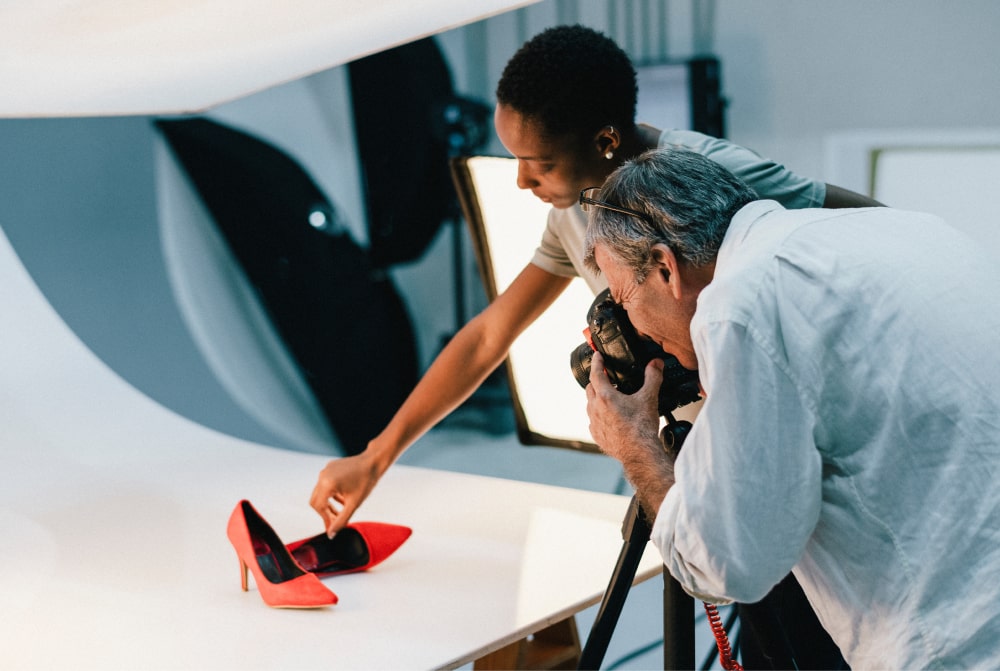
Equipment Coverage
This insurance covers your cameras, lenses, lighting equipment, and other photography gear on and off premises and during transportation. You may want to look for an equipment policy that offers tiered pricing, so you are not overspending on coverage.
You can find more information about our coverage options here:
General Liability
This type of insurance may cover you for a variety of claims including bodily injury, property damage, personal injury and others that can arise from your business operations.
You can find more information about our coverage options here:
Photography Business Insurance Coverage Details From Full Frame
Whether you are just starting your photography career or you have been shooting for years, you need to have photography business insurance to cover your investment and business. If you lose your focus during a photoshoot and break your expensive lenses on site, you can rest assured that insurance may cover it.
Annual Policies Save You Time and Money
If you hold multiple sessions throughout the year, this type of insurance will cover an array of events, such as weddings, family sessions, portrait shoots, and more. Learn more about our annual policy here.
Event Policies Are Easy and Convenient
If you’re a freelancer or hobbyist and only take on a few events per year, our short-term policy is the best option for you. You’ll have general liability coverage for 1-3 consecutive days so you can get it when you need it. Learn more about our event policy here.
Camera Equipment Insurance Saves You Money
This type of additional coverage can be added to your annual policy for a small premium. Whether you are a freelancing or working as a full-time professional photographer, the equipment you carry can be worth hundreds or thousands of dollars. It’s not cheap to replace camera equipment if it becomes lost or broken. Your insurance, on the other hand, is an affordable one-time annual payment. The choice is simple, camera equipment insurance is much more convenient than replacing damaged equipment.
Add Venues to Your Policy
Meet the requirements of the venues you work at by adding them as an additional insured (certificate holder) to your policy. For a low price, this coverage can be added to both the event and annual policies and will extend your coverage to the venue that you list.
Why You Should Buy Photographer Insurance From Full Frame

Point, Click, and Buy Online
Our event policy starts at $59/year and our annual policy starts at $99/year.
- Complete Your Online Application in Less than 10 Minutes
- No Unnecessary Paperwork
- Receive Instant Coverage
If you have any questions, our licensed agents can help you. You can contact us here.
Keep Your Spot
You’re in the business of meeting with clients and shooting at their dream venues. The majority of venues require that you have some type of liability coverage. Keep things professional between you, the venue owner, and your clients by carrying insurance. With Full Frame, you can print out proof of coverage online and add additional insureds.
Framed to Fit Your Business
We’ll take care of the insurance, so you can focus on taking your photography business to new heights. Whether you shoot big or small events, you can have the peace of mind knowing your photo shoot is covered wherever the next job takes you.
Frequently Asked Questions About Photographer Insurance from Full Frame
Would a camera lens and body be considered as one item?
Yes. If your camera lens and body come together, it is considered one item. If you own a specialty lens apart from the camera lens + body, the specialty lens is considered one item.
What is the difference between eligibility to purchase and coverage territory?
Eligibility to purchase means your business is located in a state listed here while coverage territory means your business will be covered within the United States (including its territories), Puerto Rico, and Canada.
In what state is my camera equipment covered by Full Frame?
Our camera equipment coverage protects your equipment at home, in transit, and on location.
What are Full Frame’s camera equipment limits?
You can find our camera equipment limits Here.
Will my camera equipment still be covered out of the country?
Yes. Full Frame offers a worldwide policy.

